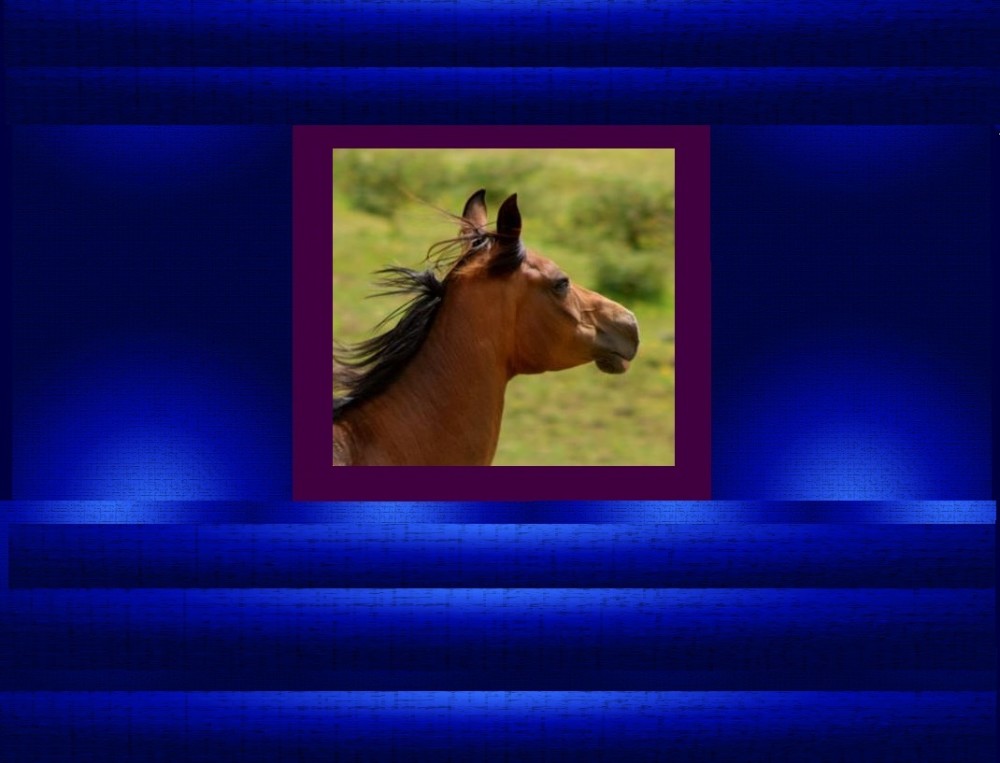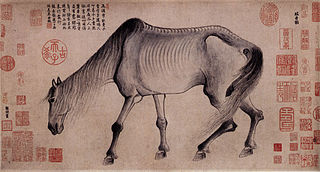It can be difficult to evaluate whether a horse’s diet is adequate and to discover whether a horse is getting all of the vitamins and minerals needed for good health.
Many, many people feel that horses do best with minimal additions to their diet or perhaps just a mineral block to help with some trace minerals that might be missing in their particular region. However, something that is often overlooked when thinking about a horse’s diet is that there is a difference between the wild horse diet of grazing over many miles of land and among various types of green grasses versus horses that are in a small, limited area of pasture or dry lot and fed mostly hay.
An important fact that many people do not realize is that hay and grain products contain minimal amounts of vitamin E. This is crucial to understand when it comes to keeping our domestic horses healthy. The only real source of vitamin E in our horses’ diets comes from lush, green grass. How many of us have our horses turned out on lush, green grass every day? Most domestic horse pastures are either dormant in the winter, over-grazed, or too small to provide that kind of grazing year round. Also, many horses have metabolic issues that mean they cannot have access to that kind of pasture without putting them at risk for laminitis.
Compare vitamin E to other vitamins our horses need:
The B vitamins and vitamin K are manufactured in a horse’s gut, so any horse with a healthy, forage based diet is able to produce his own B and K.
Vitamin D comes from the sunlight as well as from green grass, so any horse with adequate turnout will get vitamin D.
Vitamin C is produced by the horse’s liver, so does not generally need to be supplemented. Many horses do not receive enough Vitamin A, but a deficiency causes mainly night vision issues and some loss of immune system function but is not life-threatening to the horse.
Minerals are also important for horse health, but many horse owners provide a mineral/salt block and/or grain supplements that contain enough minerals for basic health.
Nearly all commercial horse feeds such as senior feeds and vitamin supplements have the above mentioned vitamins added to them in adequate amounts so a horse will not become deficient. Horses also get many vitamins and minerals in small amounts in their hay. Some hays are low in Selenium, Calcium, Zinc and Phosphorous, so ideally a horse owner will test their hay and supplement accordingly. However, vitamin E is quickly lost after grass is cut and dried, so it is a given that your horse will not get enough vitamin E on a diet made up of mainly dried hay. Also, if you read the labels on your horse feeds and vitamin supplements, it is almost guaranteed that even though there are many added vitamins and minerals, vitamin E will be present in very small amounts, if it is added at all.
For instance, a real diet of a horse that was eating 12 lbs Timothy hay, 5 lbs of a mixture of complete horse feeds for performance horses, and grazing outside on a dormant winter pasture contained only 800 IU of vitamin E daily. This horse was also being worked several times a week. The minimum recommended dosage for an adult horse not being worked at all is 1,000 IU daily.
Here is why all of this information is so important:
Vitamin E is critical for a horse’s neuro-muscular function. Something like 1 out of 10 horses will not show overt signs of vitamin E deficiency, even when their blood levels are low. Some of this may have to do with the fact that horses can store some vitamin E in their muscles and can use this in times of deficiency. There is also a discrepency between how well individual horses absorb and use vitamin E, and some horses need more E than others.
Tucked up abdomen in Vitamin E deficient horse
Now let’s say you have that 1 out of 10 horse that reacts poorly to having vitamin E deficiency. This horse will have progressive neurological and muscular degeneration that can mimic various serious diseases such as PSSM, EPM, Shivers and others. You may have an extremely athletic horse that gradually loses muscle mass and becomes so weak he has difficulty lying down, going up and down hills, and may exhibit all kinds of behavioral issues. His masseter (jaw) muscles can become weak, which leads to decreased time spent eating hay or grazing and weight loss. He may stand with his hind legs spread wide or pulled under for support. His back muscles may be tight and sore from holding up his hind end, and also his abdominal muscles may appear tucked up and tight. If left for too long, the deficiency can cause irreversible nerve damage and muscle wasting.
Lack of vitamin E can lead to a few different horse diseases including Vitamin E Deficient Myopathy (VEM), Equine Motor Neuron Disease (EMND), Nutritional Myodegeneration (NMD), Neuroaxonal Dystrophy (NAD), and Equine Degenerative Myeloencephalopathy (EDM). All of these often cause irreversible damage and a poor prognosis. Vitamin E Deficient Myopathy has the best chance of resolving when vitamin E is given in adequate amounts.
When reading labels for vitamin E content, it is important to understand that synthetic vitamin E is very poorly absorbed by horses, so you need to feed at least double the amount if you are feeding synthetic vitamin E. Synthetic E is called dl-tocopherol, while natural vitamin E (which is absorbed much better by horses) is called d-tocopherol. If your supplement has a large amount of vitamin E listed on the label, it will either be very expensive or else it is synthetic vitamin E rather than natural E.
The baseline recommendation from the NRC’s (National Research Council) updated horse nutrition guidelines is that horses should have 1,000 IU vitamin E daily. It is important to know that many horses require much higher doses of vitamin E during times of stress, when in hard work, pregnant or lactating, or young and growing. Horses that have signs of deficiency may need more than 5,000 IU daily to recover from neuromuscular issues.
Vitamin E is more expensive to feed than other vitamins, which is probably why it is rarely added to horse supplements. Horse Guard is one brand that makes supplements that contain adequate amounts of vitamin E. There are also excellent natural vitamin E sources available from Smartpak Equine, Kentucky Equine Research and others. Some people feed human vitamin E capsules in adequate doses.
It is safe to give up to 10,000 IU of vitamin E daily to horses, and there have been no documented signs of vitamin E toxicity in horses. Since it is expensive to supplement vitamin E, it is extremely unlikely that a horse would be over supplemented, and more horses are at risk of being under supplemented. I feel it is important that vitamin E supplementation is emphasized to horse owners, and it is possible that many behavioral issues people have with horses are due to neuro-muscular problems from vitamin E deficiency.


